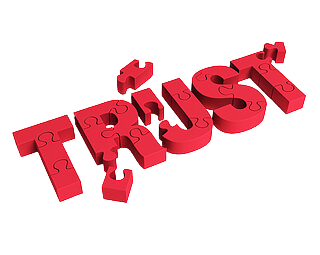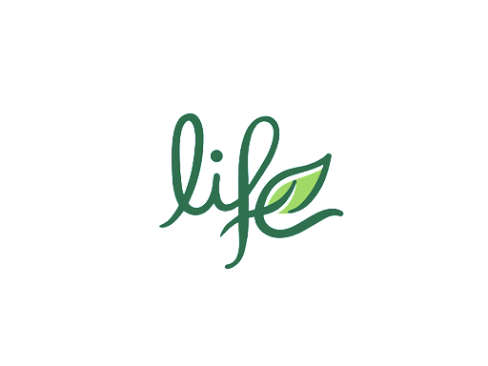Introduction:
Trust is a powerful force that forms the foundation of many relationships and endeavors. It's the glue that binds people together, fostering collaboration, mutual respect, and growth. However, like any virtue, trust becomes problematic when taken to an extreme. Overtrust, the act of placing blind faith without exercising caution, can lead to significant losses in various aspects of life. In this blog, we'll explore the pitfalls of overtrust and discuss how striking a balance between trust and prudence can protect us from unnecessary setbacks.
1. The Beauty of Trust:
Trust is essential for healthy relationships, whether in personal or professional spheres. It creates an environment where people can be open, and vulnerable, and work towards common goals. Trust promotes teamwork, innovation, and the sharing of ideas, leading to higher levels of success and fulfillment.
2. The Risk of Overtrust:
While trust is valuable, overtrust can lead to undesirable outcomes. When we excessively trust without verifying or exercising caution, we leave ourselves vulnerable to deception, manipulation, and disappointment. This can occur in various contexts, such as in business partnerships, friendships, and even our own self-assessment.
3. Recognizing Red Flags:
Overtrust often blinds us to red flags and warning signs. It's crucial to be vigilant and develop a keen sense of discernment. In business, research and due diligence can prevent partnering with unscrupulous individuals. In relationships, paying attention to consistent behavior and clear communication can help us identify potential issues before they escalate.
4. Balancing Trust and Prudence:
Finding the right balance between trust and prudence is key. It's essential to trust, but it's equally important to verify and be prepared for contingencies. This doesn't mean adopting a cynical mindset; it means being cautious and making informed decisions based on a combination of trust and evidence.
5. Learning from Losses:
If we've experienced losses due to overtrust, it's essential to view them as valuable lessons. Reflect on what led to those losses, and use the experience to develop better judgment and decision-making skills. Often, setbacks provide us with the insight needed to navigate similar situations more effectively in the future.
Conclusion:
Trust is a beautiful aspect of human relationships, but overtrust can be costly. It's crucial to find the right balance by combining trust with prudence and maintaining a healthy dose of skepticism when necessary. This approach doesn't undermine the value of trust; instead, it protects us from unnecessary risks and allows us to make more informed, responsible choices. In the end, striking this balance enables us to enjoy the benefits of trust while safeguarding ourselves from potential losses.




Comments
Post a Comment